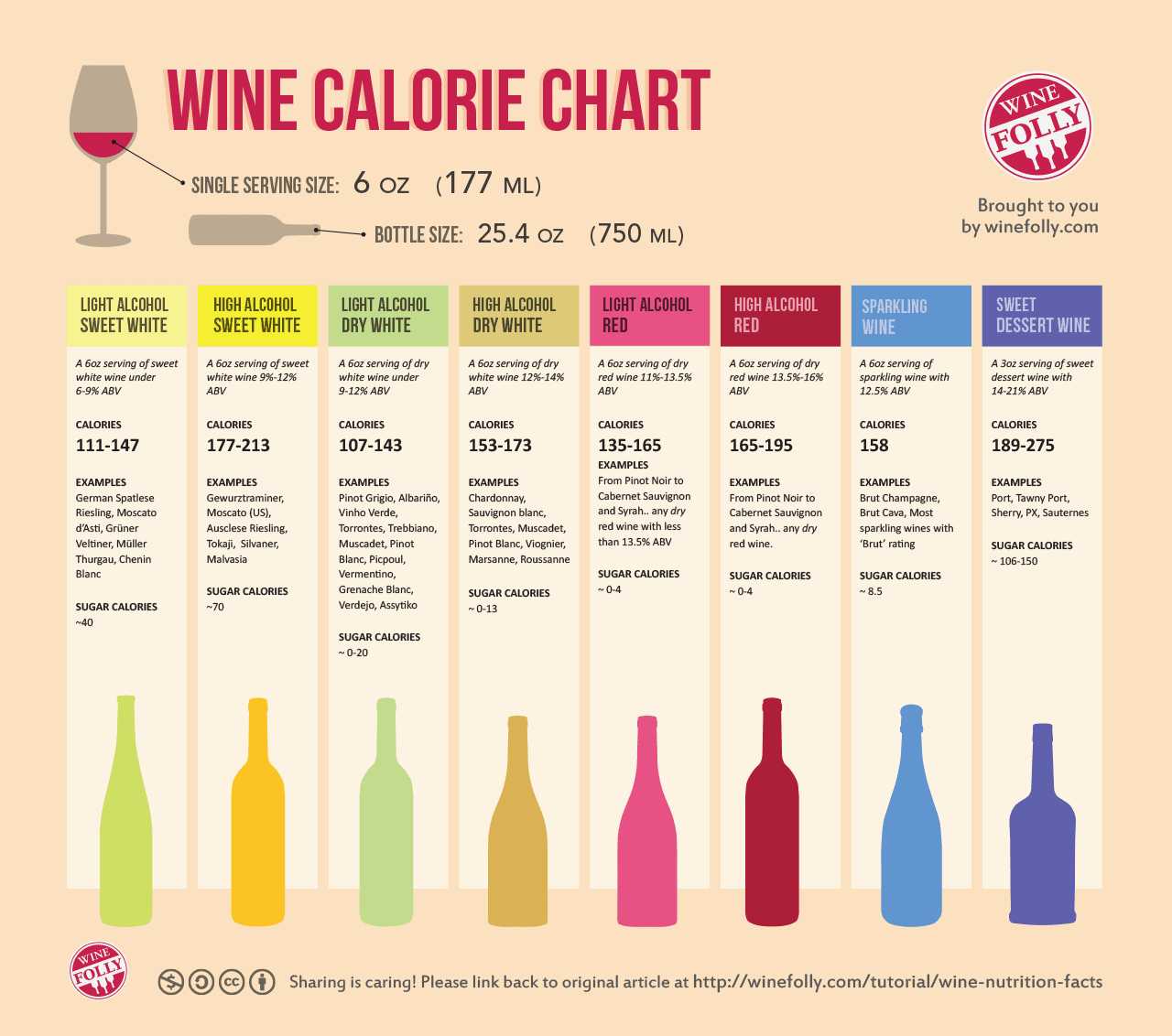


However, higher intake increases the risk of heart disease dramatically ( 14, 18).ĭrinking small amounts of red wine may reduce the risk of heart disease by helping to retain the “good” HDL cholesterol in the blood. People who drink approximately 150 ml (5 oz) of red wine a day moderately decrease their risk compared to non-drinkers ( 16, 17). There seems to be a J-shaped curve that explains the relationship between wine intake and the risk of heart disease. These benefits occur when a part of a healthy diet like the Mediterranean diet ( 5, 15).

Small amounts of red wine are linked to more health benefits than any other alcoholic beverage. Red wine may lower the risk of heart disease, stroke and early death The powerful plant compounds in red wine have been linked with many health benefits, including reduced inflammation, lower risk of heart disease and cancer, and extended lifespan. If you’re drinking wine just for the resveratrol content, then getting it from a supplement may be a better idea. This is not recommended, for obvious reasons ( 13, 14). You would have to consume several bottles per day to reach the amount used in the animal studies. However, the resveratrol content of red wine is rather low.

Resveratrol can also make test animals live longer ( 10, 11, 12). This antioxidant has been linked with many health benefits, including fighting inflammation and blood clotting, as well as reducing the risk of heart disease and cancer. It is produced in some plants, as a response to damage or injury ( 9). They may also help prevent heart disease and cancer ( 6, 7, 8). Proanthocyanidins may reduce oxidative damage in the body. These antioxidants, especially resveratrol and proanthocyanidins, are believed to be responsible for the health benefits of red wine. These include resveratrol, catechin, epicatechin and proanthocyanidins ( 5). Red wine contains powerful plant compounds and antioxidants, including resveratrol


 0 kommentar(er)
0 kommentar(er)
